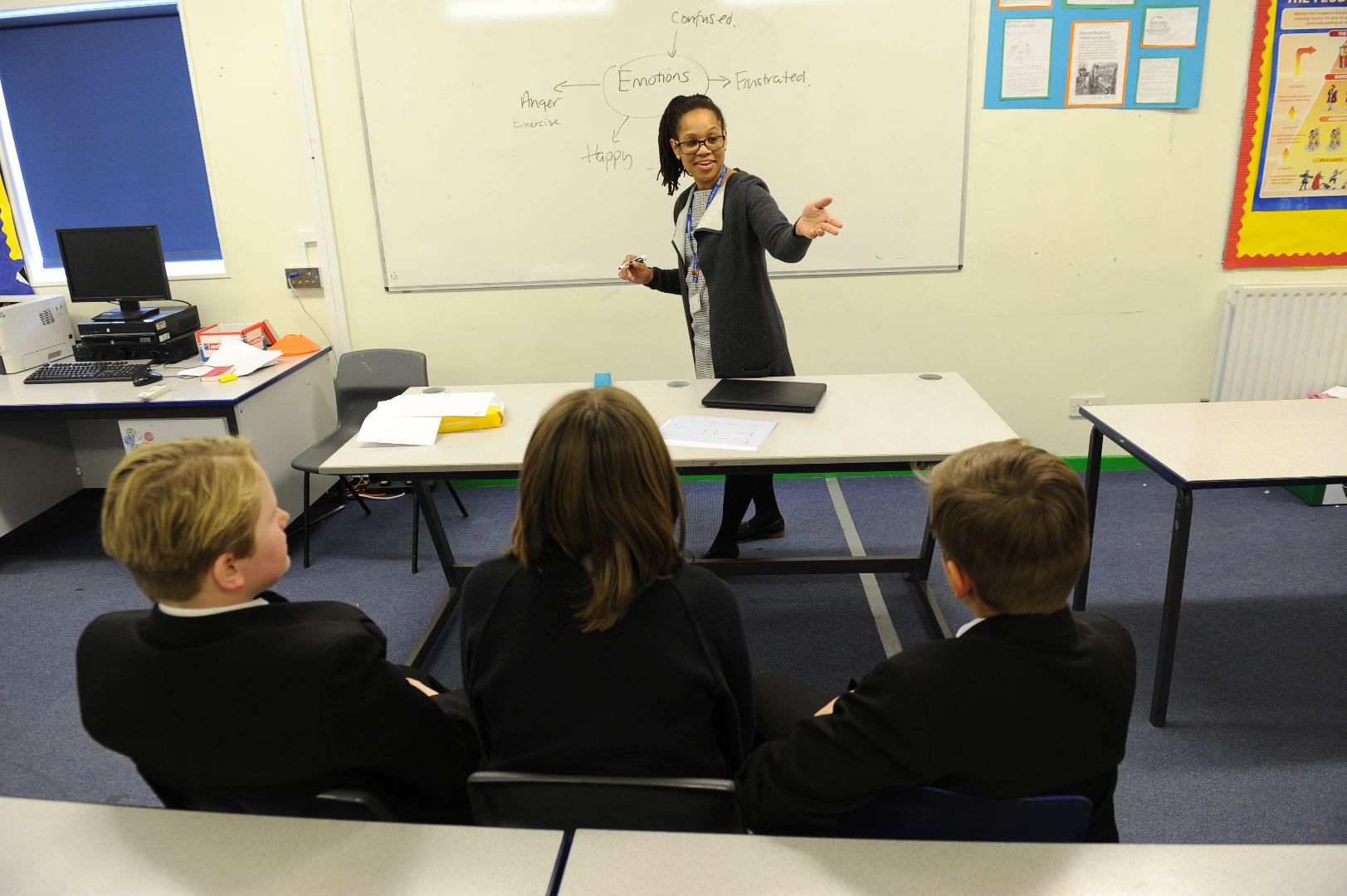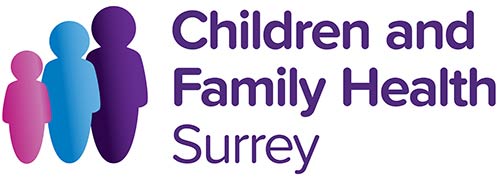It is important that children learn about the physical and emotional changes that happen during puberty, in line with Department of Education 2019 guidance.
Puberty happens to everyone, so let’s get the conversation started.
Children appreciate a trusted adult talking to them about how their bodies change as they grow up.
Together, it is important for children to:
- Identify ways of managing these changes
- Stay safe
- Keep healthy.
The School Nursing team hopes this information will help you in your confidence to support your child’s learning around puberty.

Primary school children in Years 5 and 6 should receive a lesson about puberty from their class teacher or school nurse attached to your child’s school.
The lessons explore:
- Emotional and physical changes
- Relationships
- How a baby is made
- Body confidence
- Advice and support.


Children have a right to know how their bodies change, and the emotional impact of puberty, before they start to go through these changes.
Talking about the onset of puberty with your child is important.
You may find these suggestions helpful:
- TV, Films or a character from a book can be a useful way to explore feelings, values and beliefs.
- A way of addressing your child’s knowledge and feelings is for your child to draw a gingerbread person. Draw or write names of body parts, and emotional changes, on and around the picture.
- Use correct terminology when talking about body parts: breasts, vulva, vagina, penis and testicles. Knowing the correct words for these parts of their body helps to keep children and young people safe and also look after their health. Even if you use other words at home, it’s important that children know the correct terms.
- Have a look at the range of resources to gain ideas and identify those appropriate for you and your child.
- Don’t give up if your first attempt doesn’t go well. Try a different approach or use an alternative resource (a book, video link or website).
- Take a lead from your child as to whether the discussion is pitched at the right level. Don’t worry though, too basic and your child will ask for more detail, too advanced and they will only take away what they understand for their own age, level of maturity and ability.
- It is important that your child can ask you questions. Answer honestly, and if you don’t know the answer, say you will find out. Ensure that you do return to their question at another time.
Just remember…
Talking about puberty, body images and body changes can be tricky which is often why adults avoid it.
It is OK to show your feelings. Acknowledge this embarrassment and use humour for any awkward bits.

Each child is a unique individual and all children mature at different rates.
Websites that include videos as teaching aids:
- Amaze: Age-appropriate information, clear and accurate language with many short videos that help explore various topics around puberty, body changes, periods, etc.
Websites that include lesson plans as teaching aids:
- Outspoken Education: Online resources, including free home-schooling lessons for different age ranges, to support parents to talk openly about bodies, body image and relationships.
- Brook Learn: Parents, carers and teachers can sign up to Brook Learn for free online modules on a range of RSE topics.
Websites and resources for children with additional learning needs:
- Books Beyond Words: Books on growing up for parents, to share with children with learning disabilities.
- The Book About Periods For All Young People by Olivia Brinkley-Green: This book is for all young people growing up and wanting to lean about periods, as well as parents, carers and teachers.
- The Period Book: Everything you don’t want to ask but need to know by Karen Gravelle: This book answers questions about menstruation and will guide you through all the physical, emotional and social changes that come with periods, as well as related issues such as; dealing with spots, mood swings and new expectations from friends and family.
- Susan’s Growing Up by Sheila Hollins and Valerie Sianson: This is a story about a young woman with a learning disability who starts her period and doesn’t know what is happening. Susan receives reassurance from both her teacher at school and her mum, once she returns home.
- Hair in Funny Places by Babette Cole: This book uses cartoons of a girl and her teddy bear to explain the changes that happen to our bodies as we grow up.
- The Girls’ Guide to Growing up Great: Changing Bodies, Periods, Relationships, Life online by Sophie Elkan: An accessible, clear and empowering book for girls going through puberty, or wanting to know more, Looks at body changes, emotions, staying safe and having fun, with advice from other girls and women about growing up
- Questions Children Ask and How to Answer Them by Miriam Stoppard: This book provides age-appropriate answers to a large range of questions that children ask. The author draws on research in child development and addresses what children can handle at each age.
- Where Willy Went by Nicholas Allan: By using cartoon and humour, this book explains how sperm meets an egg in reproduction.
- Let’s talk about the Bird and the Bees by Molly Potter: This book uses clear, easy to understand language to answer questions about sex and relationships. It covers subjects from puberty to consent with accuracy and honesty.
- Helping your Kids with Growing Up by Robert Winston: This book demystifies puberty for parents and their children and covers issues such as social media and sexting, while also explaining mood swings, periods and ‘breaking’ voices.
- What’s Happening to me? by Susan Meredith: A series of books to help children aged 9 and above understand body changes during puberty and adolescence.
- It’s Perfectly Normal: Changing Bodies, Growing Up, Sex and Sexual Health by Robie H Harris: A book about changing bodies and growing up, covering a range of topics from puberty, gender identity, sex, masturbation, birth and sexual abuse.
The School Nursing team works across Surrey to promote physical health and emotional wellbeing in schools and in the community.
Our work includes issues such as physical health, sexual health, healthy eating, exam stress and emotional wellbeing.
For further advice, families with children from birth to 19 years old can call our Surrey-wide 0-19 Advice Line on: 01883 340 922.

